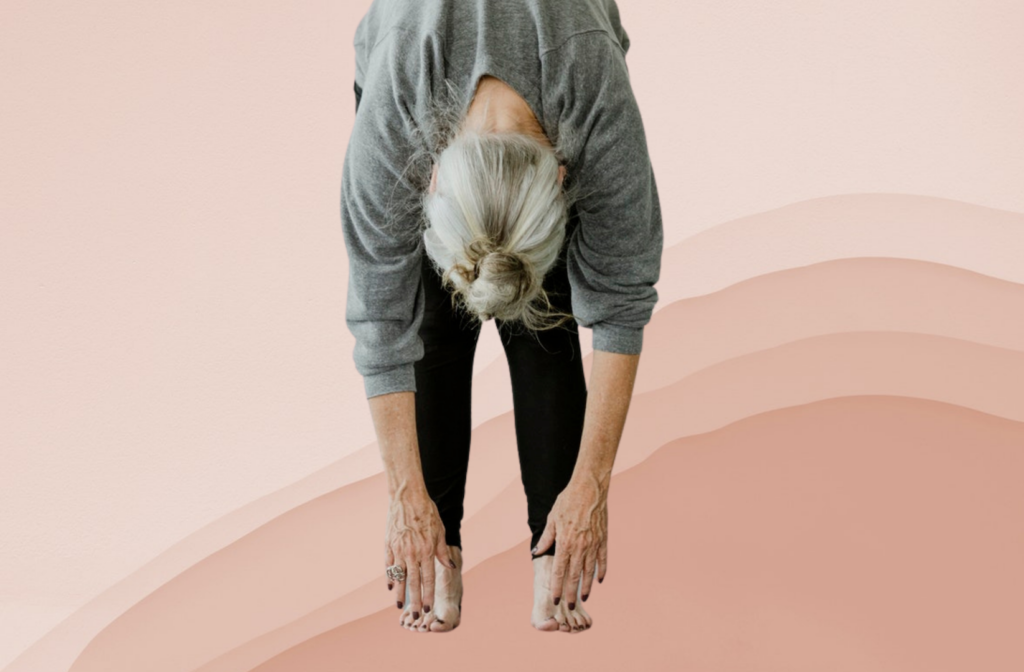Mobility issues can come in all forms, including shaking, an inability to rise or struggling to stand for long periods. For individuals who have mobility issues, they can be a challenge, and the same goes for those who look after them. These issues can often make carers feel helpless and burnout, with many wondering what they can do to offer their support.
For the vast majority, a loss of mobility can have a detrimental effect on their confidence. So, as caregivers, it’s essential to return this confidence back into their loved ones or clients and empower them to maintain independence and make decisions.
This guide will discuss seven ways caregivers can assist a loved one with mobility issues. We cover it all, from celebrating successes and installing safety features all the way to life-changing mobility equipment like wheelchairs. Let’s explore further…
Set Goals & Celebrate Successes
It can be challenging to support your loved one, particularly if they are battling with a period of low confidence. Your suggestions to go for a walk or eat a healthy meal might not be welcomed in the way you had hoped.
To help build their confidence back up, it might be a good idea to set goals with your loved one. Sit down with them and discuss some of the things they would like to achieve that week.
It can be anything from engaging in strength training three times a week to getting up and walking around the house each hour. Once these goals are set, it gives your loved one something to focus on and work towards – they can even harness the power of technology to help, whether that’s through setting reminders to stand up every hour or using a step-counter to set new goals.
Remember to celebrate the small successes along the way. If they have managed to be more mobile this week, celebrate with their favourite meal or buy them a bouquet of flowers. Even if they haven’t managed to, celebrate with their favourite meal or buy them a bouquet of flowers!

Install Everyday Safety Features Around The Home
People with mobility issues may well feel like they have lost their confidence around the home. Suddenly, the thought of independent living can feel very daunting. Caregivers can help ease these worries by installing safety features around areas of the house that are high risk. For example, installing grab rails in the bathroom can make the prospect of getting in the bath – and using the toilet – a lot safer for your loved one.
Drill down into the details; most everyday items around the home can be given a makeover to make them more manageable. Kitchen utensils with built-in grips can prevent the risk of your loved one dropping their utensils and struggling to pick them up, whilst hand cranks can be added to windows to make opening them a breeze.
Think big, too. Stairlifts are also popular options for those living in a two-storey house. As the team at Halton Stairlifts advise, a stairlift can be a life-changing investment that restores independence and allows people to safely access all areas of their home without the fear of falls or the need to relocate to single-level accommodation.
That said, they can be expensive, with reports showing the average price of a stairlift is £3,3867. If this is something your loved one may struggle to fund, stairlift grants, as well as other forms of financial support in adapting the home, are available through the government. Click here for more information on that.

Let Your Loved One Take The Lead
This thing is about two things; improving their loved one’s independence and making them feel more comfortable and confident. So, instead of completing tasks for your loved one from start to finish, let them take the lead.
For example, if they want to cook a meal, let them show you how they do it. Of course, you should always be alongside your loved one, so you can jump in and help if necessary. By doing this, you are empowering them to remain independent. If your loved one lacks confidence, you should refrain from forcing them to take the lead. Instead, offer to complete tasks with them.
Invest In Mobility Aids
Mobility aids offer users a long list of valuable benefits. Not only can they provide independence, but they can also increase confidence while moving. When it comes to mobility aids, there are many choices.
There is no one-size-fits-all advice here, and the type of mobility aid required is unique to each and every case. Some choose to purchase a rollator and wheelchair, whilst others simply use a cane or zimmer frame. The type of mobility aid required isn’t a decision to be taken lightly or independently.
When determining what mobility is needed, the NHS, local council or both are likely to perform a needs assessment involving the Elderly Mobility Scale. Following the assessment, grants may be available to help with the purchase of any equipment deemed necessary.
Encourage Them To Move Around
All that said, it’s likely that you’ll be advised by a physician or other qualified health professional that your loved one shouldn’t become too reliant on their mobility. As the WHO point out in their report Connecting and Caring: Innovations for Healthy Ageing, ‘’restricted mobility and social isolation do not have to go hand in hand with getting old.’’
Facilitating better mobility with age is essential for elderly loved ones to maintain their independence, and in recent years, attitudes have changed somewhat around the best way to do this, with exercise – or, at least, light movement – now integral to facilitating greater independence.
Doing so can improve bone and muscle strength, help circulation, and even boost self-confidence and life-contentment. Caregivers can offer their loved ones support in this area – for those struggling with low confidence.
Encouraging gentle stretches is also vital for minimising muscle stiffness – and can provide relief. You can find plenty of stretching routines online, which you can take inspiration from. The more you can promote mobility, the more your loved one’s confidence will continue to grow. They will soon have hope that they can live independently again.

Don’t Be Afraid To Ask For Help
Proud, humble people (as caregivers so often are) can struggle to ask for anything. Asking for help with your loved one – your relative, your responsibility – can be chastening.
But there are assistance programmes, respite homes and grants that can help you to cope with everything from your finances to your own mental health. No one will judge you for asking for help; caring is an impossibly hard job, after all.
It’s also a good idea to contact adult social services at your local council to organise a carer’s assessment. This assessment sees someone from the council’s dedicated team come for a face-to-face chat with you about how you’re coping. They will then recommend various support networks and options available to make your life easier.
Ensure They Are Eating A Balanced Diet
Caregivers can offer their support in more ways than one. Although helping your loved one navigate their everyday life is important, you should also pay close attention to their diet – helping with meal planning, if necessary, and making sure they prioritise their well-being. Diet can have a drastic impact on the way we move. Incorporating the wrong foods into our diets can affect the growth and repair of strong bones and muscles, two things which are vital for mobility.
If you are in charge of your loved one’s food shop, you can help them create healthy meal plans before heading to the supermarket. It can help to research some foods that support mobility online. If you’re doing the cooking, manage the load by batch cooking meals and freezing them.
It’s also a good idea to stock up your elderly loved one’s fridge with top quality, homecooked ready meals, of which there are now brands who cater specifically to ‘mature tastes’. All of this will provide an incentive for a cleaner, healthier eating and also hopefully bring more meaning to the daily routines by making mealtimes more enjoyable.
The Bottom Line
Helping your loved one maintain independence whilst facilitating their mobility can be a tough balancing act, but with compassion and care, it can be done.





